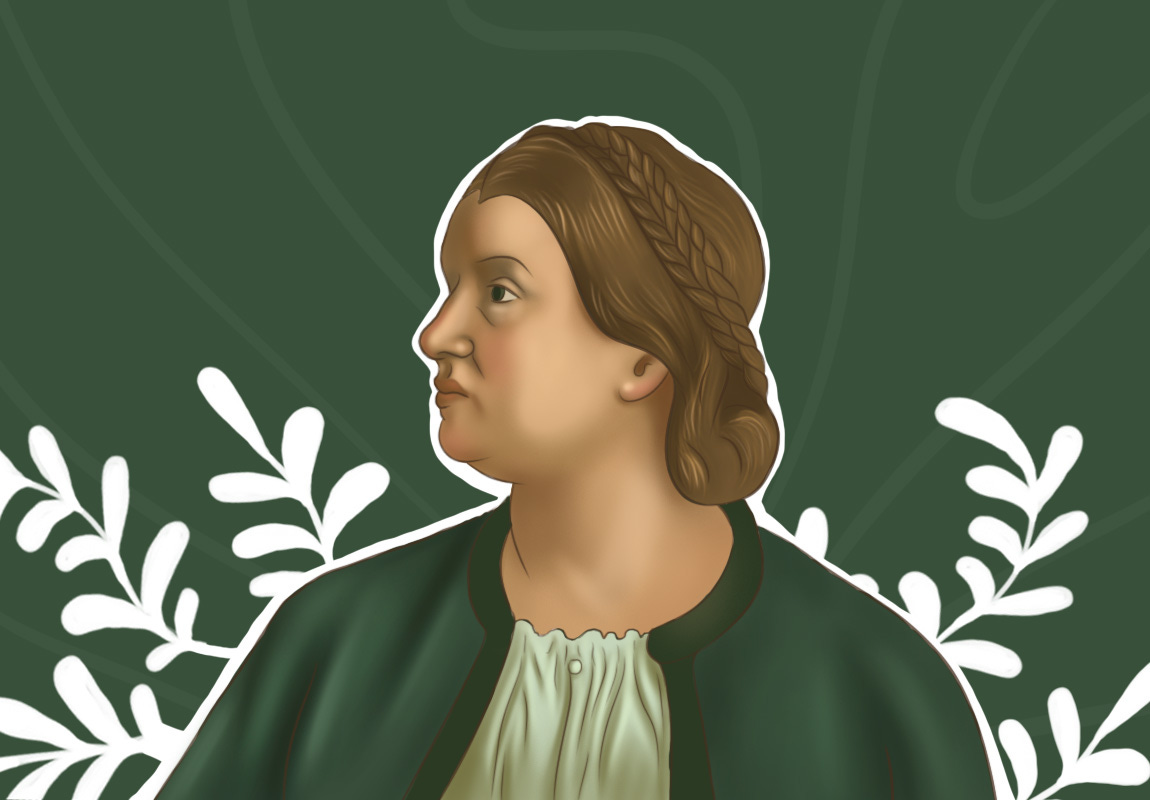Barbara Leigh Smith was an influential English feminist leader known for her pivotal role in the movement for the education and political rights of women. She was also instrumental in the founding of Girton College, at the University of Cambridge.
Barbara Smith was born into a wealthy family on April 8, 1827, in Watlington, Norfolk. She was the daughter of radical Liberal MP Benjamin Leigh Smith and Ann Longden. Her family was untypical compared to the social conditions of that time. Her parents were not married even though they brought many children together.
Her father encouraged her to read and made her a generous allowance. This enabled her to travel widely. She spent valuable time with Bessie Reyner Parks, who later wrote Remarks on the Education of Girls. Parks always insisted that single women would prove crucial to the improvement of women as a whole. It was a time when women were in urgent need of better education, increased chances of employment, and improvement in legal positions for married women.
In 1854, Smith published her Brief Summary in Plain Language of the Most Important Laws Concerning Women, which later became crucial in the passage of the Married Women’s Property Act. Through this pamphlet, she questioned the contradictions limiting single women. At that time, women were not allowed to vote in parliamentary elections even when they were tax-paying property owners. It was a time when marriage resulted in a woman losing all her rights as a single woman. Her existence was entirely absorbed into that of her husband. Barbara Smith spoke against this notion and also issues regarding marriage settlements and custody of children after separation.
Through the pamphlet, Smith also uncovered a legal fact that troubled women. According to law, once a woman was engaged, she could not sell her property without the agreement of her fiancé. Her pamphlet was an instant hit and went into three editions.
In the second half of the 19th century, Barbara Smith, with her group of friends, led protests against narrow definitions and notions of femininity and women’s place in society.
During that period, a Victorian woman’s highest virtue was equated with genteel passivity. It was extremely difficult for middle-class women to find a job with good pay. Those who had to earn their living might be lucky enough to find a poorly paid position such as that of a governess. For those who were unhappily married, there was no way to get themselves out of that position.
In addition to these, even women with remarkable achievements of their own had shied away from the emerging wave of feminism. For example, English novelist, poet and journalist Mary Anne Evans, known by her pseudonym George Eliot, presented her remarkable understanding of women’s lives and struggles in her novel Middlemarch, published during 1871-72. She was also a supporter of Barbara Leigh Smith. However, in 1853, George Eliot remarked that “women yet do not deserve a better lot than man gives her.”
In 1856, Mrs Gaskell, the author of Ruth, and North and South, spoke against the notion of women training as doctors. She said that even though women have hundreds of fine and loving qualities, she could not trust women when it came to matters requiring serious and long medical education.
In the second half of the 19th century, Barbara Smith with her group of friends led protests against narrow definitions and notions of femininity and women’s place in society. They were known as ‘The Ladies of Langham Palace’. The group was named after one of their early meeting places. The group organised several campaigns around major women’s issues of the time.
In her first article published in the English Women’s Journal, Barbara Smith opposed the conventional view that middle-class women were expected to marry and should be prepared for nothing else.
In 1855, Smith, along with like-minded activists Bessie Parks and Ana Jameson, formed the Married Women’s Property Committee. It was England’s first organised feminist group. They filed petitions for law reforms throughout the country. The activities of the Married Women’s Property Committee resulted in a series of amendments that bettered the financial situation of married women. However, these changes did not redefine their rights.
In 1857, when Barbara Smith was recuperating from an illness in Algeria, she met her future husband Eugene Bodichon, a physician. After the wedding, the couple spent a year in America where she met educated and enterprising women from all walks of life. During this time, she met Lucretia Mott, an anti-slavery activist. Mott was also active in the emerging women’s rights campaign. Barbara Smith had long conversations with Mott on the problems women faced.
Shortly thereafter, Smith got involved in issues such as legal problems of married women, and the necessity of better education and training for women. She wanted to extend the limited employment opportunities that were available for women at that time.
In her first article published in the English Women’s Journal, Barbara Smith opposed the conventional view that middle-class women were expected to marry and should be prepared for nothing else. The journal, heavily funded by Smith in the beginning, was a huge success. It reached a wide audience and inspired the readers to participate actively in the feminist movements. George Eliot, who had been very doubtful about the venture in the initial stages, appreciated the success of the journal.
Barbara Smith passed away on June 11, 1891.
Thank you for listening. Subscribe to The Scando Review on thescandoreview.com.
Happy Teaching!













Barbara Smith: England’s leading campaigner for women’s education and job rights